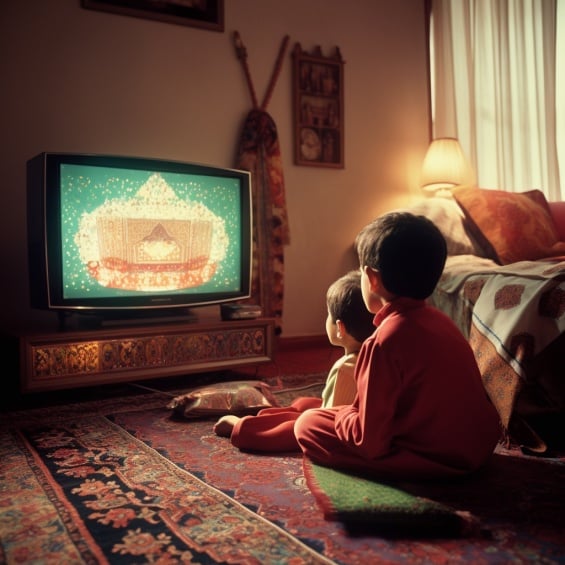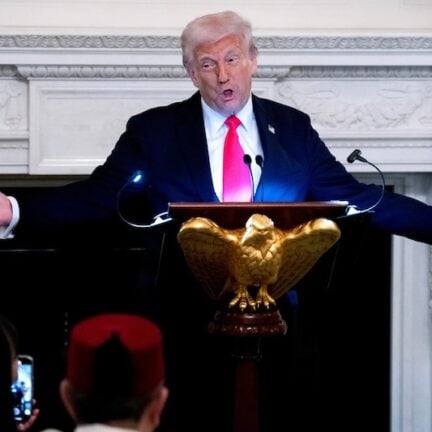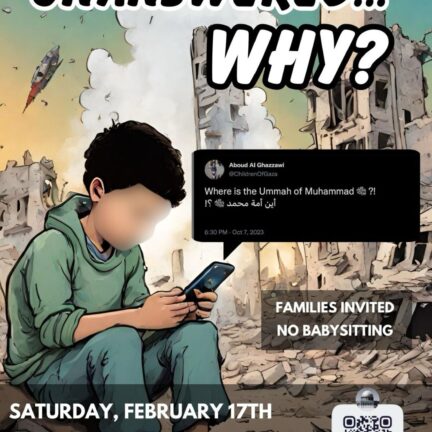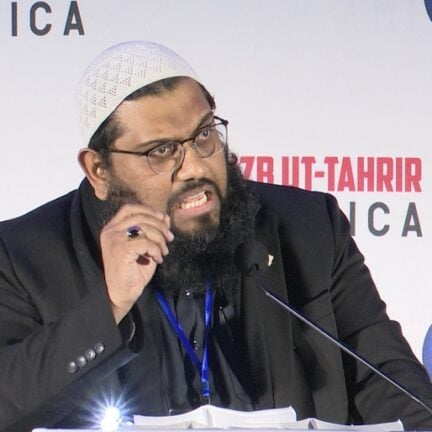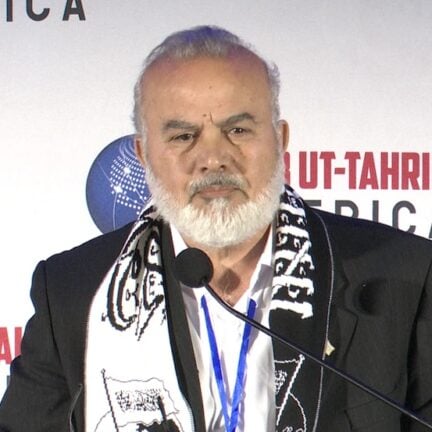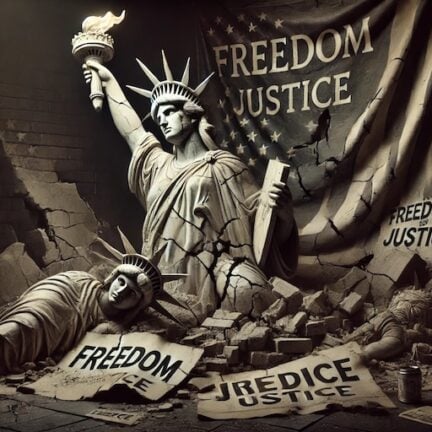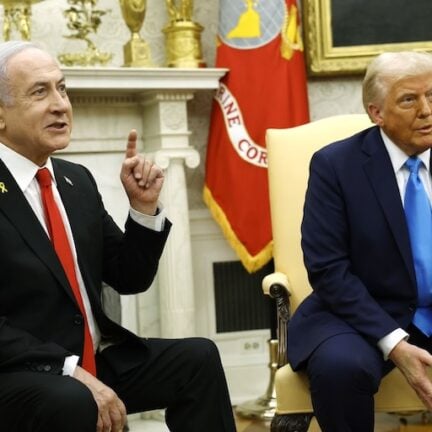In recent years, we’ve seen more Muslim characters pop up in Western movies and TV shows. For many viewers, the phrase, “That show has a Muslim character in it!” used to be a way to convince a friend to watch something. Nowadays, it does the exact opposite. The incorporation of jinn into the fantasy genre and Muslim characters who engage in the LGBT community are just a couple of examples of how Muslims are represented in the media. Let’s not forget the classic “Ayesha-falls-for-Chad” trope where a Muslimah removes her Hijab to run off with a white guy. There are many objectively awful examples of how Muslims have been portrayed in the entertainment industry. However, it’s still common to hear the response that any representation is a good representation. However, when we sit down and think of this idea, what does representation actually mean? What is its purpose? And most importantly, what is the Islamic perspective on this concept?
To many people, the importance of representation lies in identifying with people on-screen. Some say seeing someone in a TV show and thinking to ourselves, “That person is just like me!” makes us feel like we have a voice in the media. However, it’s important to remember that as Muslims, we do not need anyone speaking on our behalf, especially not the West. At its best, western media does not portray Islam in a manner that adheres to the Quran and Sunnah. At its worst, it utilizes this excuse of representation to blatantly disrespect Islam’s teachings and reinforce the misinformation it spreads in other public outlets. In schools, Islamic history is completely erased from textbooks. In the news, every Muslim name is associated with terrorist attacks. In the streets, we are harassed, attacked, and killed for our beliefs. Why would we expect this pattern of injustice to be any different on-screen?
Realism is another reason people will vouch for Muslim representation in the media. The argument is that no one is a perfect Muslim in real life, so the media should align with that same sentiment. To determine why this argument is unIslamic, it’s important to identify where this concept comes from. In the West, following what makes you happy is a common and valid justification for any action, even if it hurts or oppresses someone else. Try pointing this out, and you’ll be met with replies like “Who are you to judge me?” and “You’re invalidating my feelings and efforts.” No one holds anyone accountable. In Islam, every Muslim strives for perfection, hides our sins, and hides each other. We do not broadcast them for our fellow sisters to relate to and therefore feel comfortable in. Imaam al-Bukhaaree stated in his Saheeh (#6069), Book of Manners, Chapter: The Muslim’s Screening of Himself, with his chain to Aboo Hurayrah (may Allah be pleased with him), who said: I heard the Messenger of Allah (SAW) saying: “All of my ummah (nation of followers) will be excused, except for the mujaahireen (those who make their sins known). And verily it is a kind of mujaaharah (exposing one’s sins) that a man does something (sinful) at night, and then in the morning when Allah has screened his sin for him, he says, ‘Hey So-and-So! I did such-and-such last night…’ And the night passed with His Lord screening him, and he wakes up casting aside the screen of Allah from himself.”
We all struggle with imperfection, and as an Ummah, we want to help each other in that struggle. Reducing that bond to a Muslim character rebelling from her super-strict parents by eloping with Timmy is just ridiculous and demeaning. This is another tactic used to confuse and distract us Muslims from striving to be the best we can be. It lulls us into a false sense of security in our sins and makes us think that representation is a worthy cause to fight for.
The issue of Muslim representation in the entertainment industry is not a real problem- it is a distraction from the obvious fact that we already have a powerful voice. The truth is we don’t need Hollywood to hand us a mic. We already have a world-class stage as the fastest-growing Ummah. This is all because our identity is based on a foundation stronger than that of our race, culture, and nation. Our identity is built on our dedication to worshiping Allah SWT by following his commands. We refer all our actions to the teachings of the Quran and Sunnah, and we take it a step further by encouraging each other to do the same. As brothers and sisters, we hold each other accountable for our actions to attain Jannah together. We do so with compassion and a genuine intention to help solve a problem. This is exactly what makes us dangerous to the West.
The West weaponizing the media against Muslims is common knowledge at this point, but most of us are more familiar with how Muslims are framed in the news. The use of the entertainment industry as a tool to shape our thoughts and actions is lesser known to our Ummah. The West recognizes the danger that our belief in Islam holds- that believing in Allah SWT as The One means we are connected to a deeper purpose that can’t be shaken by self-contradictory forces like capitalism, feminism, and nationalism. Anas ibn Malik reported: The Messenger of Allah, peace and blessings be upon him, said, “A time of patience will come to people in which adhering to one’s religion is like grasping a hot coal.” (Source: Sunan al-Tirmidhī 2260) Our purpose to please Allah SWT by adhering to his commands is attacked by Western entertainment as they try to convince our youth that Islam is meant to be secularized. Keep it at home with your daily salah. They want us to internalize Islamophobia, so we further withdraw our worship into our private lives. Every time we see an Ayesha fall for a Chad on-screen, it’s insinuated that we can only be loved and seen as attractive if we remove our Hijab and disconnect ourselves from our purpose. For a fellow sister suffering from insecurity already, this content can prompt her to ask, “Is Hijab really necessary? Will Allah SWT throw me into Hell just for not wearing a piece of cloth?” Thus initiating the thought process which separates Islam from her identity and instead associates objectification and male validation with her inherent value. May Allah SWT protect our Ummah from this.
The disrespectful representation of Muslims in Western media doesn’t seem harmful at first glance. It only seems to be a misunderstanding based on stereotypes and a lack of knowledge. However, it can create insecurities, doubts, and incorrect ideas and understanding within our youths. Constantly seeing Muslim girls on TV wear hijab incorrectly might make someone ask herself if she’s being too strict with hers. Watching a Muslim character develop feelings for someone of the same gender can encourage a Muslim’s support for the LGBT community. For my sisters in Islam, I urge you guys to protect your friends and family from consuming these shows and movies. When talking with your friends, point out the strategies behind such representation and create awareness in your community. We must reinforce Islamic identities within our families to protect us from these issues while refocusing our energy towards worthy causes to benefit the Ummah.

